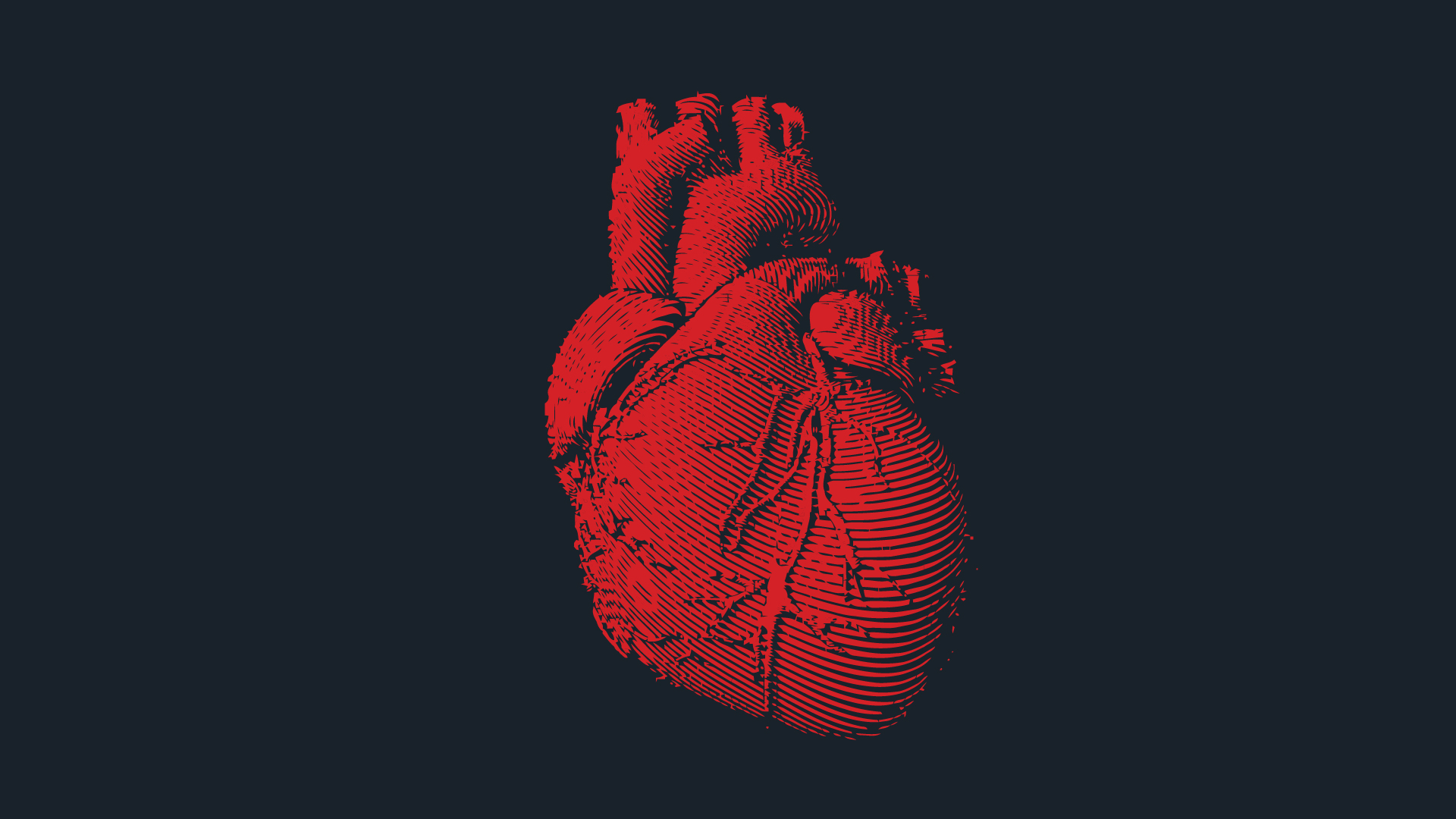They’re in your household products, your beer — and even your drinking water.
Luckily, a recent study has found a way to rid your body of per- and polyfluoroalkyl substances (PFAS) — commonly known as “forever chemicals” due to their lingering presence in the environment and human body.
And all you have to do is add a few foods into your diet.
The study — published in the journal Environmental Health — looked at 72 men aged 18 to 65, all of whom had detectable levels of forever chemicals in their blood.
Researchers gave 42 of the men a supplement containing one gram of oat beta-glucan — a soluble fiber found in some foods — three times daily, just before meals, as that’s when the body produces the most bile.
The other 30 men were given a placebo made from rice.
After just four weeks, blood tests showed that the fiber group saw an 8% drop in two of the most dangerous PFAS types: PFOA (perfluorooctanoic acid) and PFOS (perfluorooctanesulfonic acid).
These two chemicals have been found in drinking water, cosmetics and even food packaging — and both are known to build up in the body over time.
Researchers tested for 17 different PFAS compounds. They found that 70% of participants had 11 or more of them in their bloodstream, and every participant had at least five.
While the reduction seen was modest, experts said it’s an important first step — especially since PFAS are infamously difficult to eliminate from the body.
“Despite the growing concerns about the toxicity of PFAS, specific interventions to reduce PFAS levels in the body are limited,” the researchers wrote.
Beta-glucan has been shown to bind to PFAS in the digestive system, which might help you poop them out.
Foods high in beta-glucan include:
- Oats
- Barley
- Rye
- Wheat
- Shiitake mushrooms
- Reishi mushrooms
- Seaweed
- Nutritional yeast
Forever chemicals — used in everything from nonstick pans to fast-food wrappers — have been linked to cancer, hormone disruption, liver damage and more.
While eliminating PFAS exposure entirely may be difficult, dietary choices can help mitigate their harmful impact.














